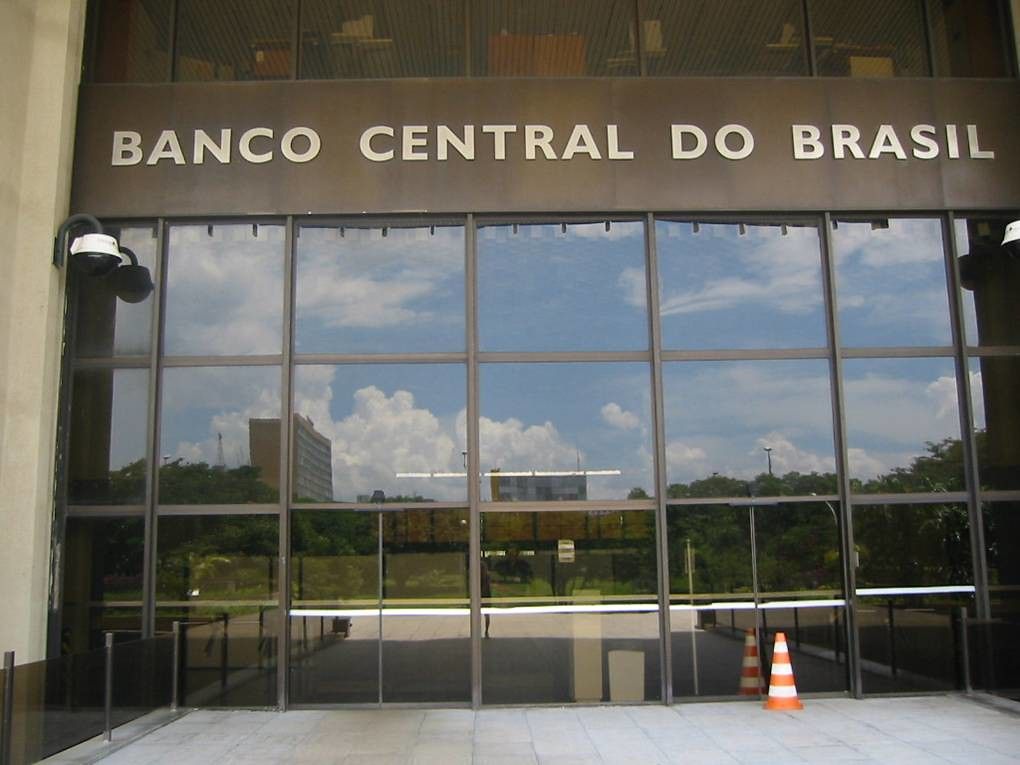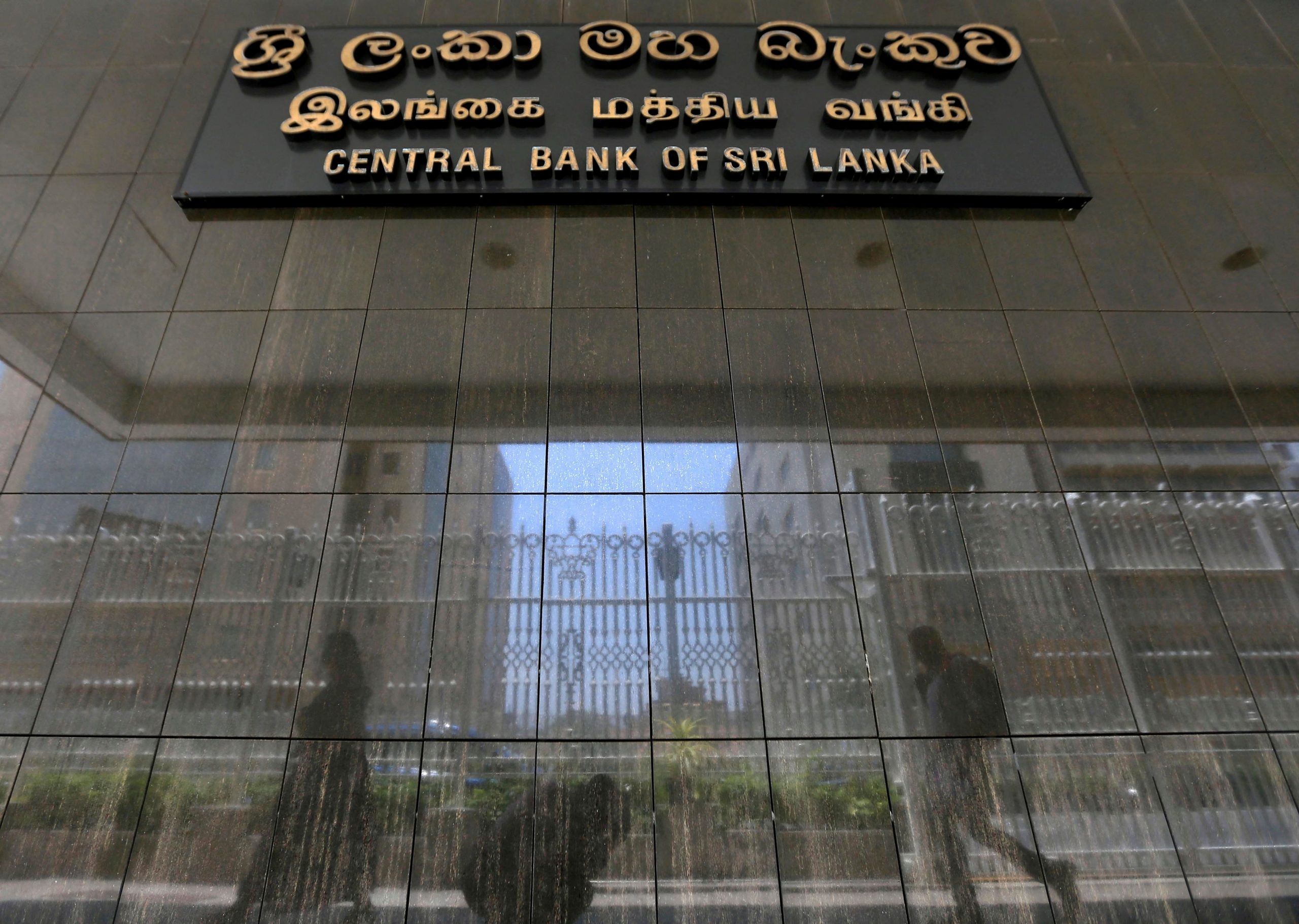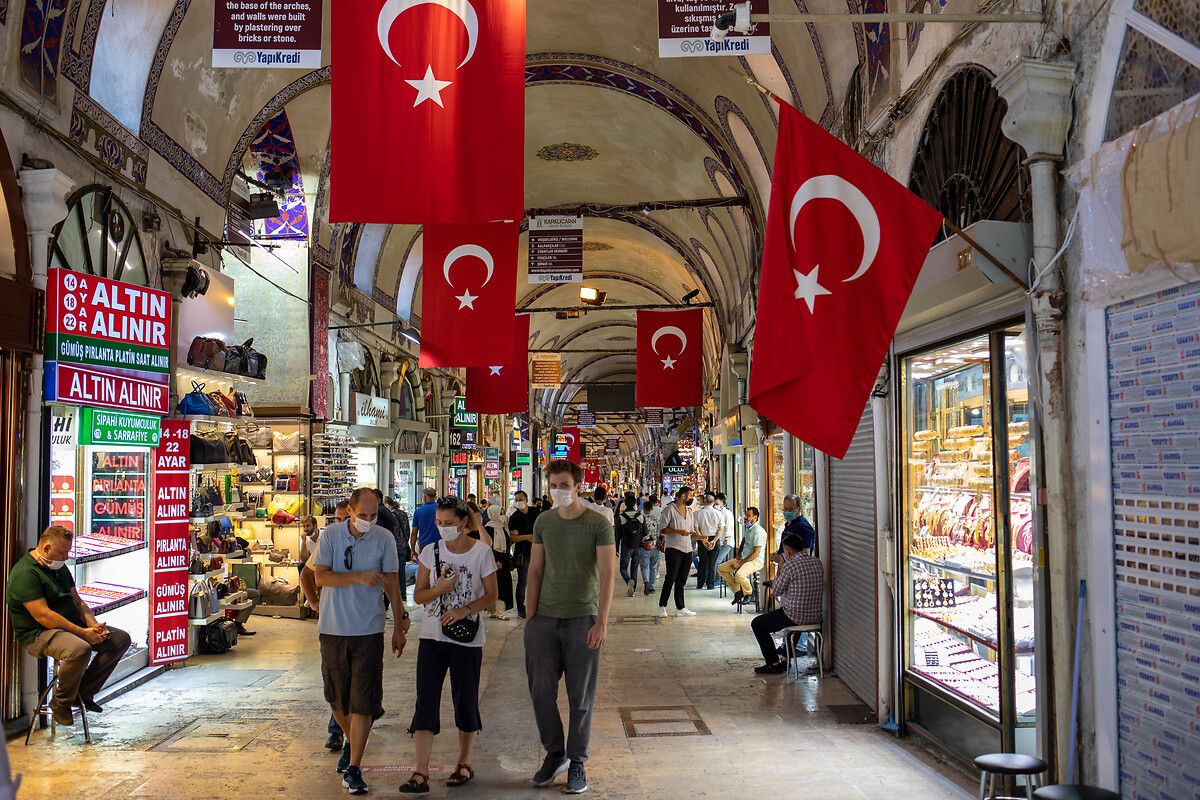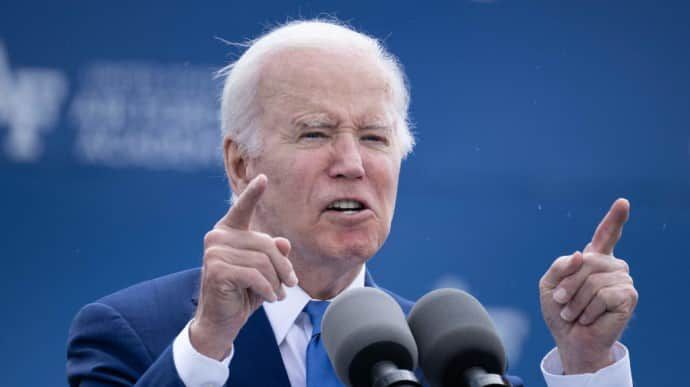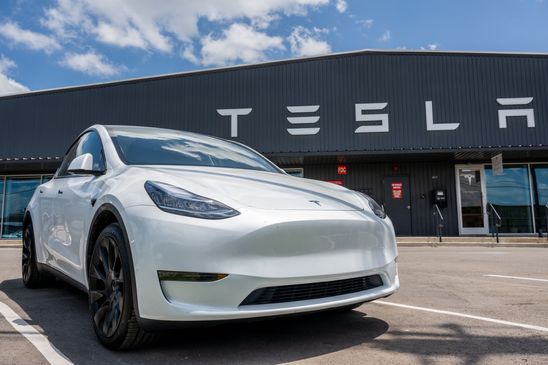Brazil’s central bank finds itself contending with increasing inflation and a tentative economic revival, while an unexpected challenge looms: an unprecedented rise in credit card interest rates, reaching their peak in six years, leading to apprehension about growing household indebtedness.
Alarming signs for the national economy are appearing as the mean rate on rotating loans escalated for the fifth month in a row to nearly 447% in April, the maximum since March 2017, as per the central bank’s data. This represents a leap of close to 84 percentage points from the previous year.
Simultaneously, interest rates on installment payments average at 200%, the highest since the commencement of data tracking by the bank in 2011. Interestingly, numerous stores in Brazil continue to offer consumers interest-free payment schemes, in spite of the startling rates.
The legacy of high interest rates on rotating loans in Brazil has been intensified by the central bank’s stance to uphold the nation’s benchmark rate at 13.75%. Consequently, new credit provisions dropped for both companies and consumers in April, while overall outstanding credit diminished by 0.1%, primarily driven by a decline in business loans.
The recent surge in credit card interest rates, along with escalating household debt, forms a predicament for decision-makers led by central bank chief Roberto Campos Neto. These officials are already trying to stabilize the economy and manage predictions of skyrocketing inflation.
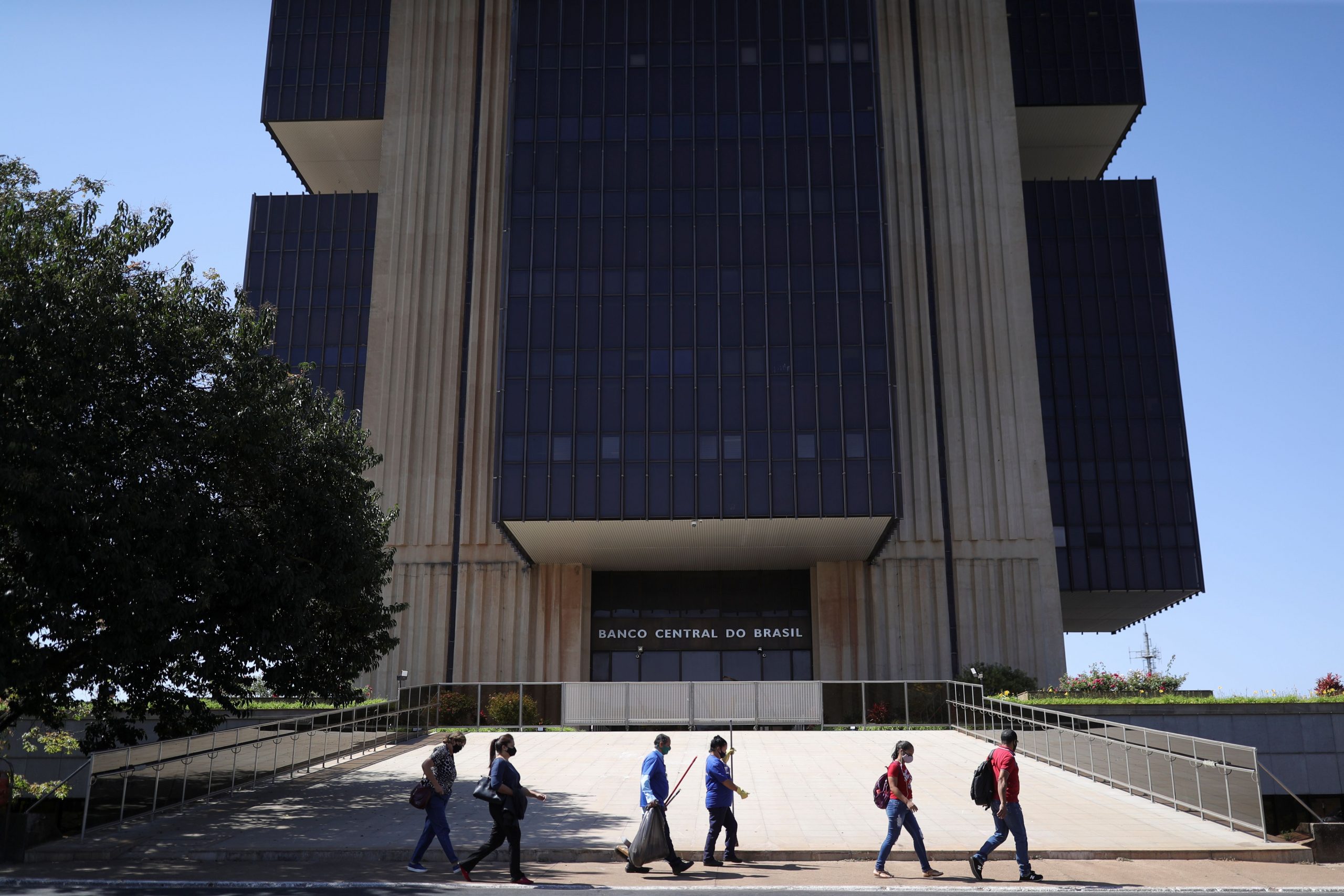
“In the recent past, we’ve observed that loans with additional guarantees have fared better than those lacking such guarantees,” stated Fernando Rocha, the central bank’s head of statistics, during a recent press meet. His statement underscores the growing apprehension among decision-makers regarding families resorting to the most expensive credit lines, such as rotating credit.
In light of spiraling credit card interest rates, the finance ministry is purportedly planning a bill to address this matter.
As of June 2022, Brazil had nearly 191 million credit cards in circulation, almost twice the count of the nation’s economically-active populace. The three-year duration from June 2019 to June 2022 witnessed the number of Brazilians possessing credit card balances increasing by 31%, largely driven by the emergence of digital banks and unconventional financial entities.
This expanding credit card market, although promising in terms of financial inclusivity, “deserves attention given its potential to augment household debt,” cautioned the central bank in a recent report.
Household debt is currently around 49%, with nearly a third of monthly earnings allocated for repayments. Defaults among consumers and businesses have nudged upwards to 6.2% and 2.8% respectively.
The central bank’s report also emphasized that nearly a quarter of Brazilians possess credit cards from two financial institutions, while 22% have cards from three or more institutions. Consumers with five cards have average outstanding credit balances surpassing 12,800 reais ($2,551.7), compared to less than 3,000 reais for those with just a single card.
As Brazil wrestles with the tricky job of managing its credit bubble, policymakers face the task of finding the right equilibrium between promoting financial inclusion and restraining unchecked household debt. The success of these efforts will be evaluated in the forthcoming months.
©traders-news.online






